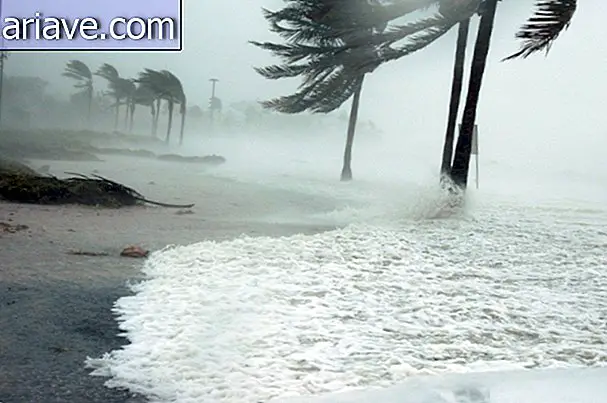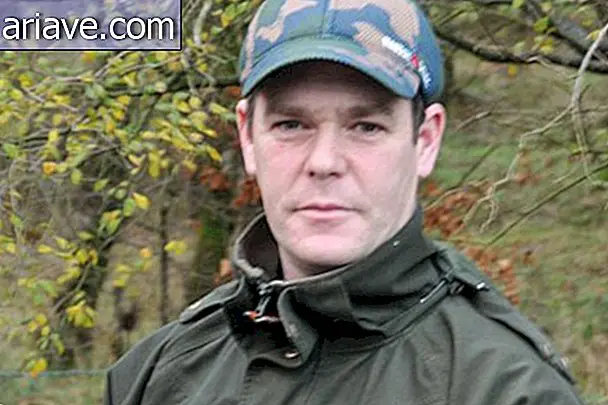Whales whisper to young not to attract predators
Although marked as an endangered species, right whales have few natural predators thanks to their large size. These cetaceans can reach 18 meters in length and up to 80 tons in weight. Their young, however, are vulnerable to shark and orca attacks. To protect them, mothers resort to a strategy only now discovered by scientists at Syracuse University, Duke University and NOAA Fisheries' Northeast Fisheries Center.
A study published last October 9 in the journal Biology Letters shows that females with newborn calves reduce the emission of a type of vocalization known as "calling", used to communicate with other right whales. This call produces a short but very loud "scream" that rises sharply, lasts about two seconds, but can travel long distances underwater.

Discovery
Instead of screaming, these whale moms communicate with their babies through a low, fast, grunt-like sound that can only be heard at close range. These sounds, so far unknown to scientists, "can be defined as a human whisper, " said Susan Parks, a professor of biology at Syracuse University and leader of the research team.
Methodology
To collect the acoustic data, researchers non-invasively attached small suction cup labels to North Atlantic Right Whales when they were in farrowing areas off the coast of Florida and Georgia. They tagged both young and pregnant whales and mother-calf pairs.
According to Douglas Nowacek, one of the researchers, "mothers significantly reduced the emission of high-range and long-distance communication signals when compared to those made by young pregnant whales." "And they also began to make that soft, whisper-like sound. This suggests that mother-calf pairs of right whales use one kind of acoustic crypt - a behavioral name designed to increase the ability of one living being to avoid being observed by another. - to avoid the risk of spying on orcas and sharks lurking in nearby dark waters ".
Scientists estimate that there are currently only 420 specimens of North Atlantic right whales in the wild.











